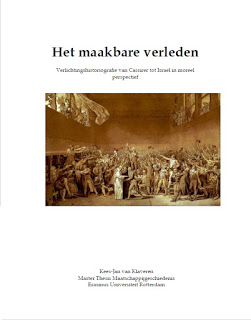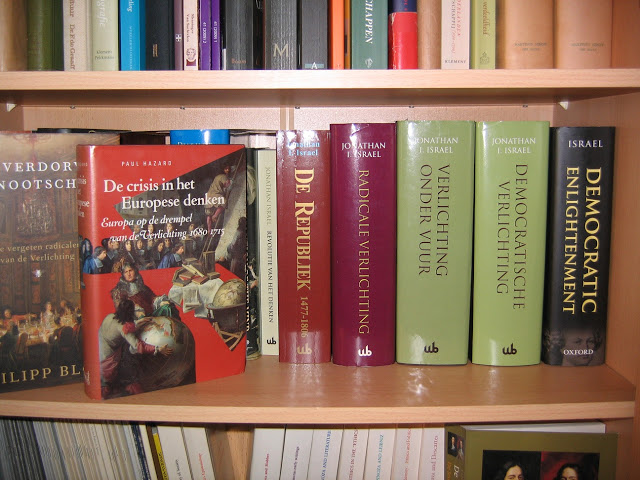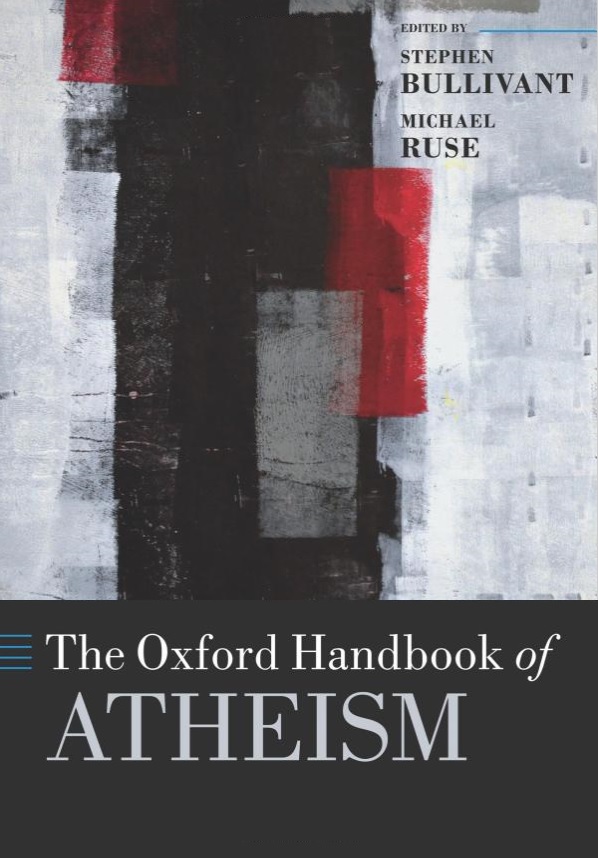Maandag
over een week, van 23 t/m 27 juli 2018, start weer de jaarlijkse VHS-zomerweek
in hotel Woodbrooke in Barchem. Thema van de week is: Spinoza en de
Europese Verlichting [cf. VHS].
In
eerdere blogs wees ik op de recent toegezonden mededelingen van Henri Krop en
Paul Juffermans, die zeer goed als inleiding of achtergrond te gebruiken zijn. Toen
ik gisteren met Ernst Cassirer bezig was - die zoals bekend Die Philosophie der Aufklärung schreef [Tübingen:
Morh, 1932]. in het Engels vertaald als The
Philosophy of the Enlightenment [Princeton: Princeton University Press,
1951] – ontdekte ik de masterthesis van
Kees-Jan
van Klaveren, Het maakbare verleden.
Verlichtingshistoriografie van Cassirer tot Israel in moreel perspectief. Masterthesis
Maatschappijgeschiedenis aan de Erasmus Universiteit Rotterdam, 2008 [PDF]
Het
is een zeer informatieve, indrukwekkende en goed leesbare studie over de diverse historische
(en filosofische) studies van de Verlichting. Aan bod komen de Verlichtingsstudies
van: Paul Hazard, Ernst Cassirer, Peter Gay, Horkheimer & Adorno, Margaret
Jacob, Jonathan Israel e.a. Een gedegen, informatief en kritisch overzicht. Spinoza
komt - via Israel - veel aan de orde en voor Locke heeft de auteur extra belangstelling.
De studie van zo'n 144 bladzijden, kan mogelijk een goede voorbereiding geven op die studieweek - een achtergrond bieden. Lees eventueel eerst de
samenvatting:
"A
Makeable Past. Enlightenment Historiography from Cassirer to Israel in Moral
Perspective (1932-2006)," Master Thesis summary, EUR, 2008 [PDF]


